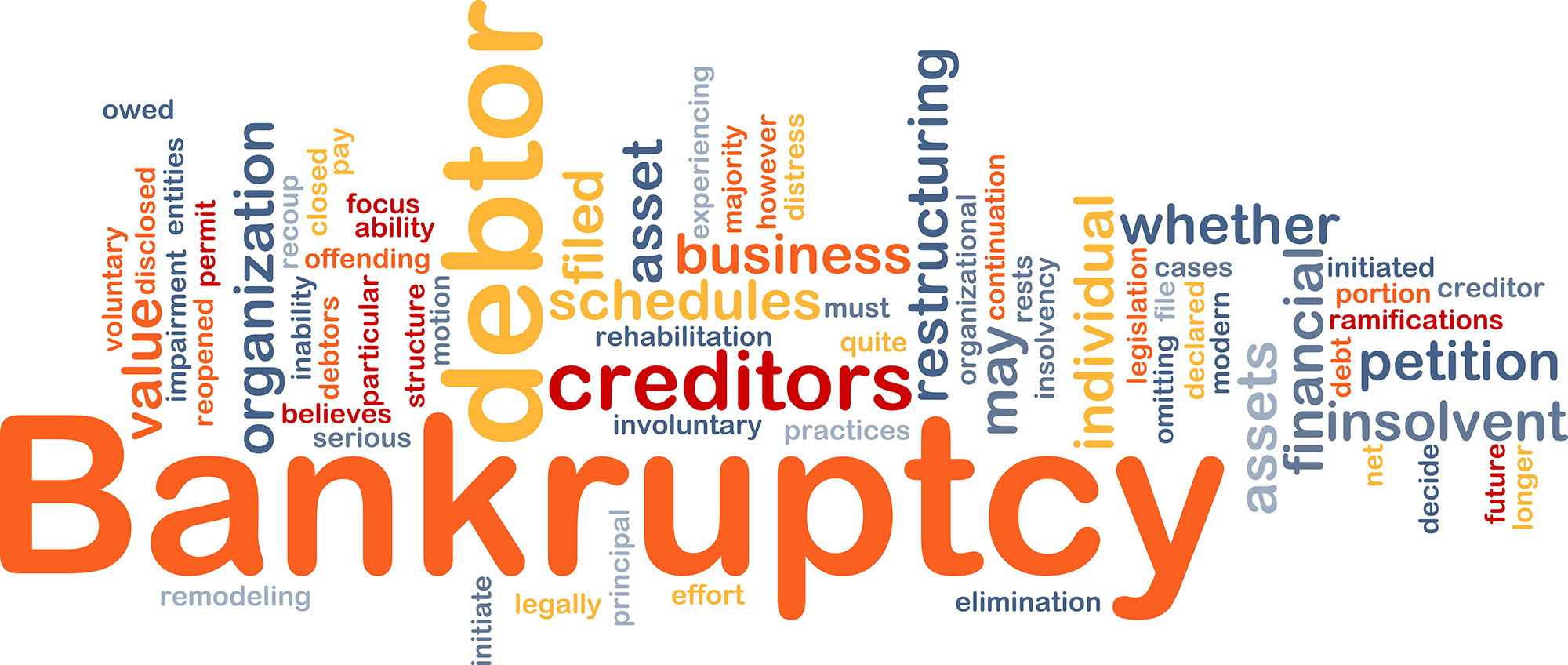Lenders often feel left without a remedy when a borrower transfers away the collateral for the loan and then runs into Bankruptcy Court – but no longer! The Bankruptcy Court for the Jacksonville Division of the Middle District of Florida, relying on prior decisions of Bankruptcy Courts throughout the country, recently ruled that by transferring business assets that were intended to be the lender’s source of repayment, without the lender’s knowledge or consent, the borrower committed the type of intentional tort directed against the lender or his property that supported a determination that the debt owed to the lender was non-dischargeable (as a willful and malicious injury under Section 523(a)(6) of the Bankruptcy Code).
The Bankruptcy Court found this even though the lender had not perfected its security interest in the business assets, because the loan agreement specifically stated that the lender would look to liquidation of the business assets in the event of default under the loan. The Bankruptcy Court ruled that the amount of debt that would be non-dischargeable would be the balance remaining due after the proceeds of the liquidation of the business assets were deducted from the total amount due. See, Galaz v. Monson, 522 B.R. 721 (Bankr. M.D. Fla. 2015).








Stay In Touch